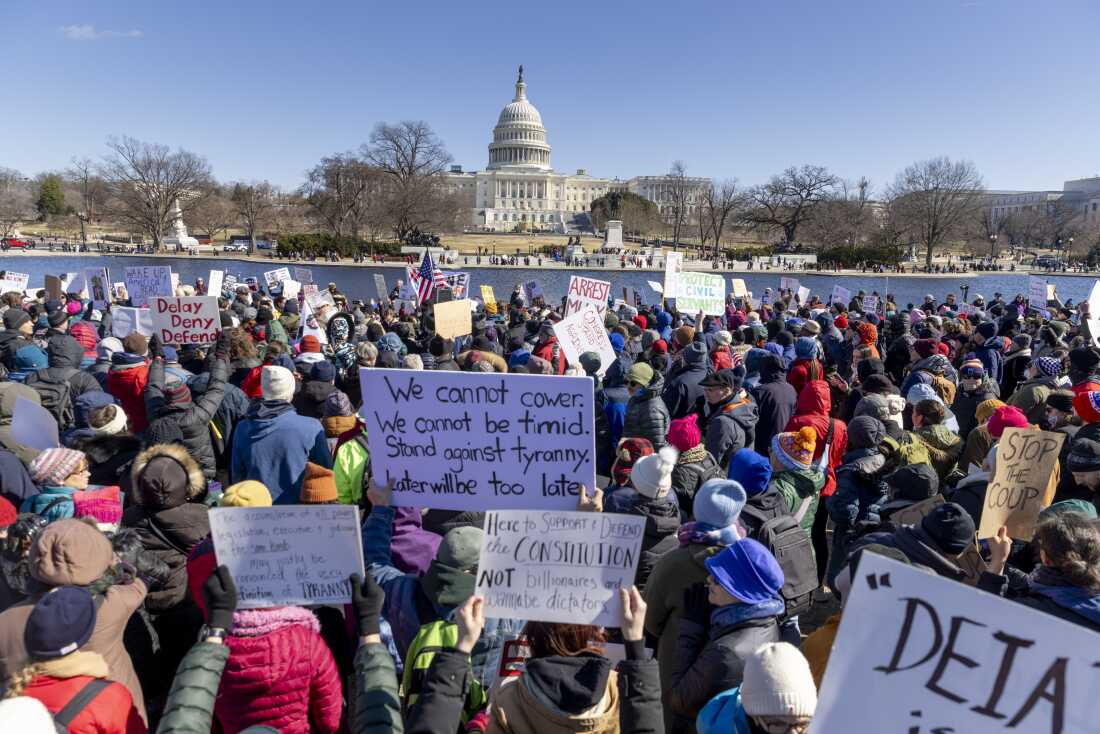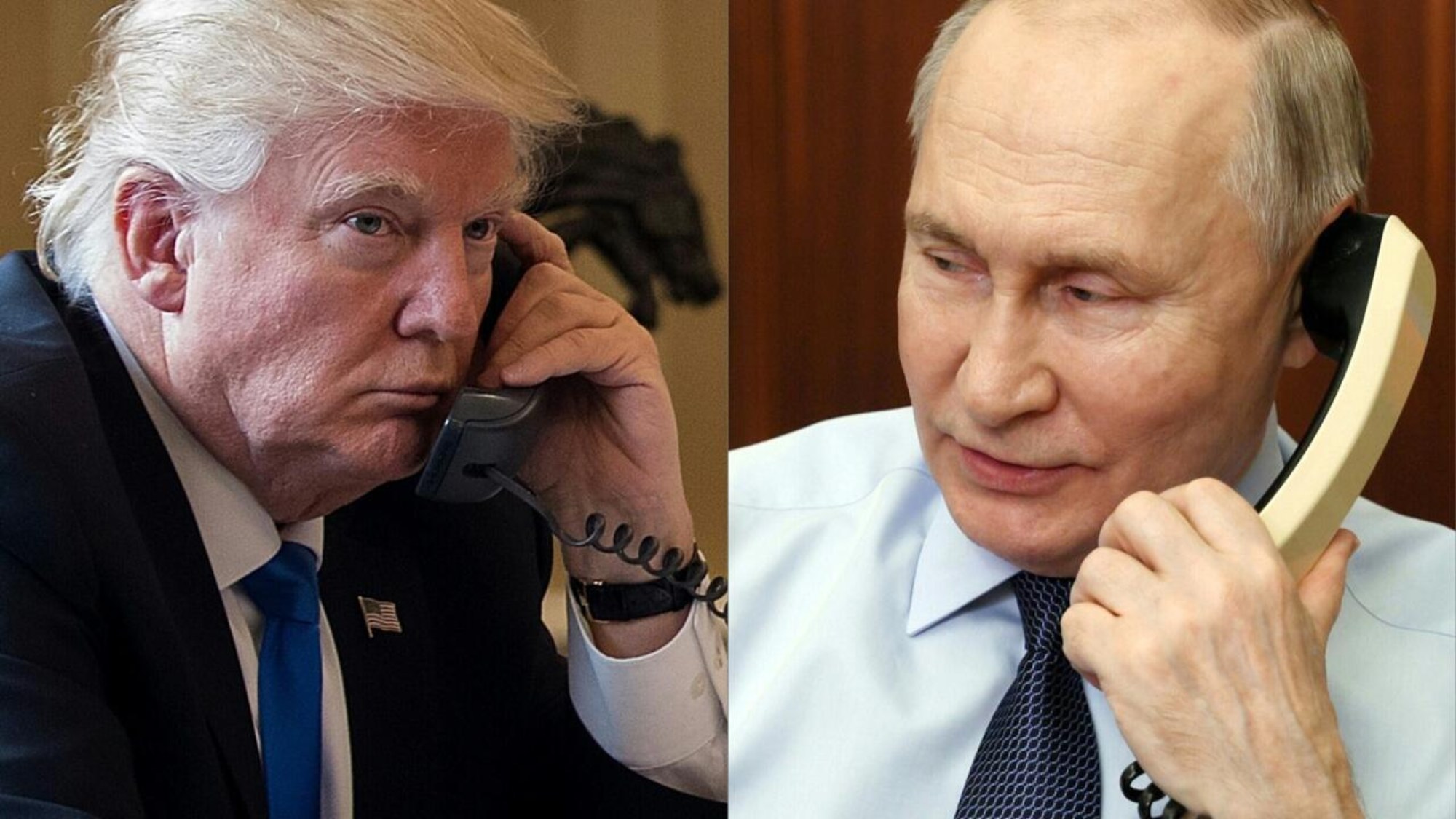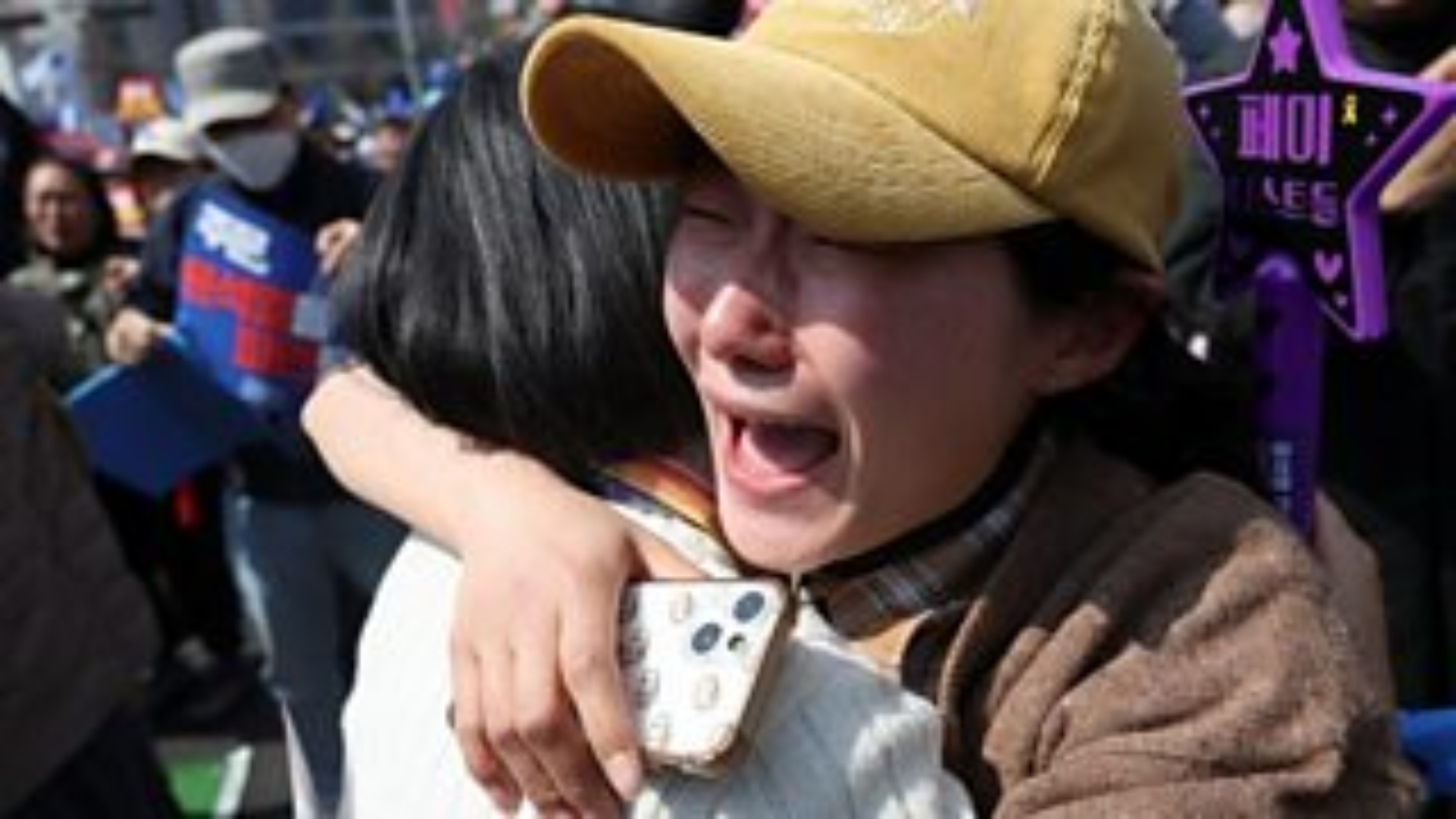For weeks, people across the country have been gathering on street corners in small towns, major cities, state capitals, and the nation’s capital to voice their dissatisfaction with how President Donald Trump is leading the country.
The largest protest is set for Saturday, with events scheduled at hundreds of locations nationwide. Over 500,000 people have RSVP'd to attend one of the 1,000 rallies, marches, or protests organized by grassroots groups.
"This is about coming together on one day to amplify our voices and push back against the harms we’re seeing from this administration," said MoveOn Executive Director Rahna Epting.
Hunter Dunn, spokesman for the 50501 group, explained that the goal is to bring protests directly to communities, instead of expecting everyone to gather in a few large cities. “We want people to be able to resist in their own neighborhoods, even if that's all they can do. There’s a place for them,” Dunn said.
Groups like Indivisible, Women’s March, MoveOn, the Working Families Party, and Public Citizen, along with newer grassroots organizations like 50501, are hosting the protests.
The event in Washington, D.C., which is expected to be the largest, begins at noon at the Washington Monument. Organizers anticipate it will outsize the People’s March that took place the weekend before Trump’s second inauguration. The protests will be livestreamed for those unable to attend.
The First Lady’s office cited the planned protests as the reason for moving the White House's annual spring garden tour to Sunday. While Trump is not expected to be in Washington, protests are scheduled in the Palm Beach area, near his Mar-a-Lago estate.
White House press secretary Karoline Leavitt responded, saying, "Anyone who thinks protests, lawsuits, and lawfare will deter President Trump hasn’t been paying attention. He remains focused on delivering his promises to make the federal government more efficient and accountable to American taxpayers."
Building Momentum
Protests have grown in frequency as Trump has rolled back protections for immigrants and transgender people and laid off thousands of federal employees. Some protests are focused on specific issues like federal workers, LGBTQ rights, immigrant rights, Palestinian self-determination, or Ukraine, while others oppose Trump’s broader agenda.
In February alone, over 2,085 protests took place nationwide, according to the Crowd Counting Consortium, a collaboration between Harvard Kennedy School and the University of Connecticut. This is up from 937 protests in February 2017, the first full month of Trump’s presidency.
While many of the early protests during Trump’s first term were larger and drew more media attention, coverage of protests in 2025 has been less frequent.
Epting noted that most of the protests and town hall meetings are organized by everyday people frustrated by what they see happening under this administration. "When you see this, you know there’s a movement starting to form," she said. "We’re stronger together, and we need to make sure our voices are unified to oppose the cuts to critical services."
The Volume is the Message
Rachel O'Leary Carmona, executive director of Women’s March, emphasized the significance of the sheer number of protests, particularly in smaller towns. "It takes real political courage to stand up in a small town, in a red area, and say, 'No. We're here, and we’re fighting for what’s right,’" she said.
Different groups have different aims for Saturday’s protests. Some want to show Democrats their strength to resist Trump and push for changes in leadership, while others aim to demonstrate to Trump and Republicans the size of the opposition.
"We want people to show up for the causes they’re most passionate about and bring those causes together in solidarity to show our government that the American people aren’t being represented," said Dunn. "And in 2026 and 2028, we’ll take our democracy back."
The 2018 Women’s March, which attracted millions of women protesting after Trump’s first election, was led by prominent female politicians and celebrities. This time, Saturday’s march will feature leaders of grassroots organizations, with a few popular politicians as well.
Carmona added, "It’s important for people to hear from those who understand and live the same struggles they do. They’re not looking to reinforce other people’s power anymore. They want their own leadership and the tools to exercise it. And that’s the message we’ll be sharing."









.jpg)